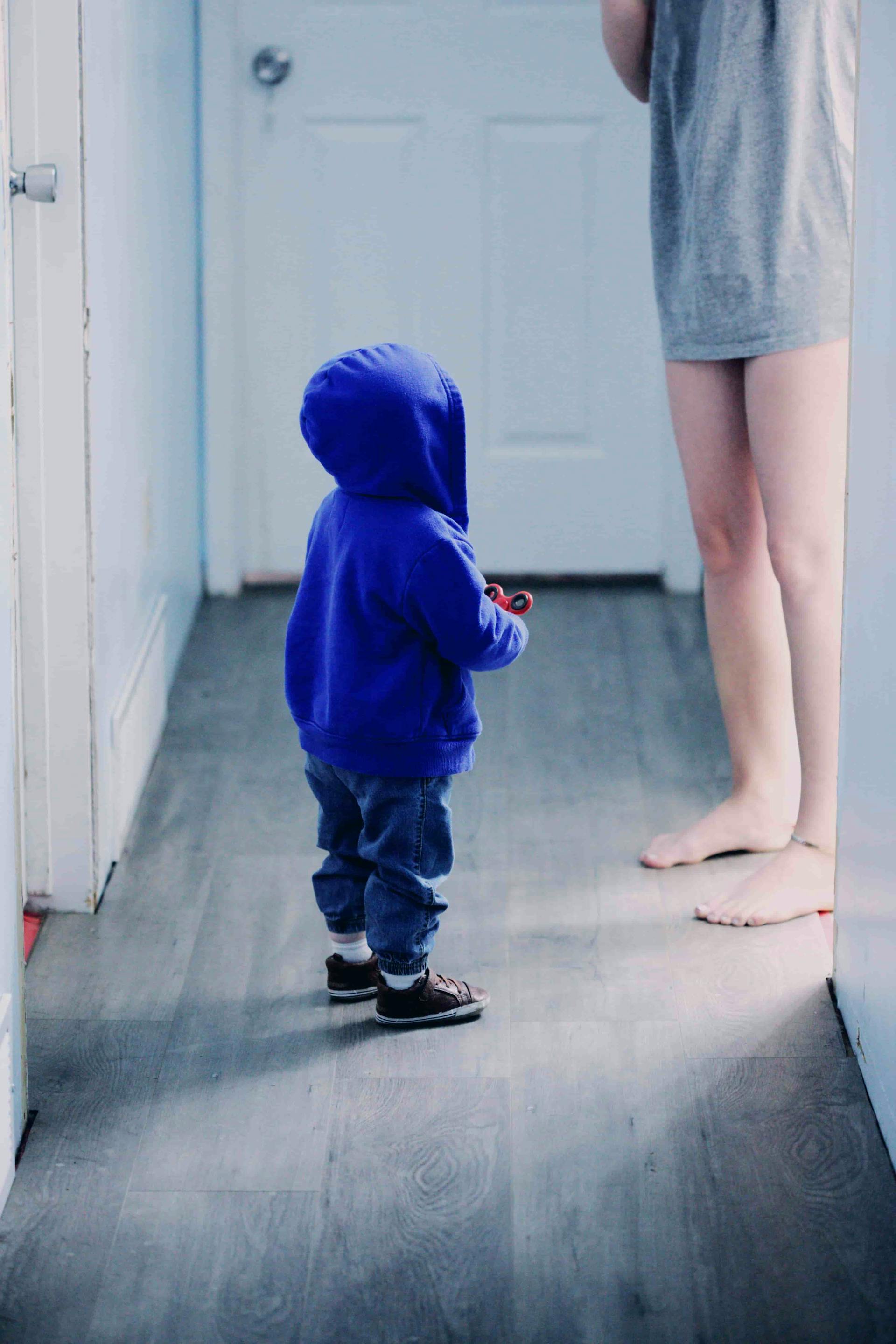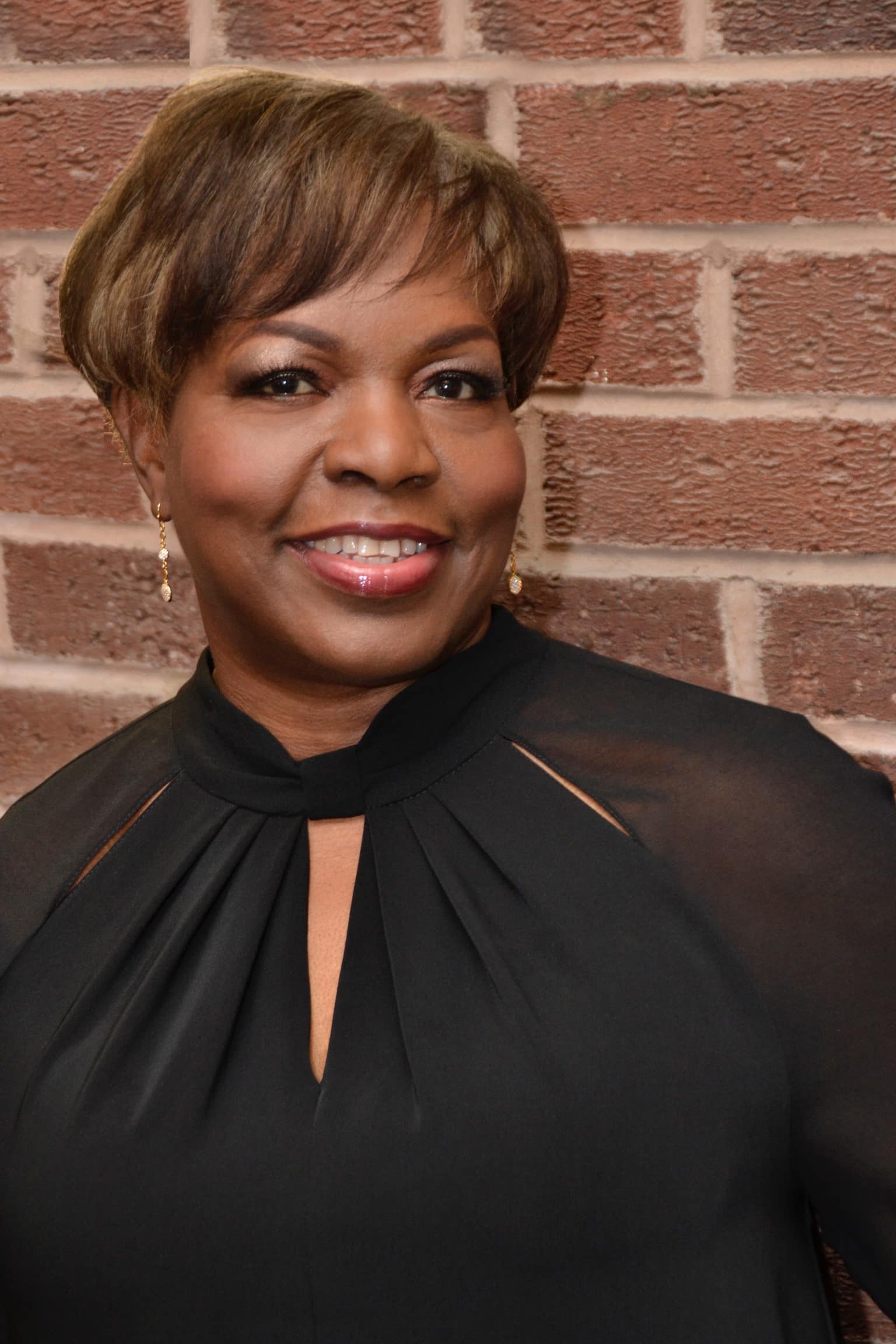Dealing With Anger in a Healthy Way as a Parent
updated on Feb 13, 2019


With over 30 years of experience working in children’s services, author and professional Pam Rowe shares her tips on healthy ways parents can manage their anger
Feeling angry in certain situations is a perfectly natural response. When we feel deceived, frustrated, under attack or insulted, we may feel ourselves becoming angry.
It's if we fail to find a healthy way of expressing and releasing this or feel unable to fully manage our anger, it can become a problem.
Pam Row, author and professional with over 30 years of experience working in children’s services as a social worker, manager, and leader, shares her insights into healthy ways parents can deal with their anger.
Dealing with anger in a healthy way: why is being a parent different?
Parents are human beings and they experience the same range of emotions as everyone else. If you experience sadness, anger, happiness and joy – that makes you a normal human being.
Being the caregiver for a child can be incredibly stressful. There is a small human being who is soaking up everything you do. They are always watching you and learning from your actions. It is a serious responsibility which can sometimes be very challenging.
Becoming irritated and angry
Like everyone else, parents can easily become overwhelmed by the responsibilities of parenting. It’s easy to fall into the trap of worrying about everything: do we have enough money? What are my children are learning at school? Are they are happy? This can easily cause you to tip over the edge into anger.
Think back to when you might have experienced parental anger when you were younger. You may have noticed when your parents were angry with each other, or when there was tension in the home. Your child is the same. They know when you are angry. Children are intelligent, and our body language is usually a giveaway.
However you handle your anger teaches your child how they should handle theirs. If you see your child shouting or hitting others, take a minute to think about where they learnt it. If your child is exhibiting negative behaviours around their anger or frustration, it isn’t too late to start showing them healthier ways you can both handle your emotions.
How to deal with anger in a healthy way
Remember what it was like to be a child
Remember how important the adults in your life were to you as a child. You once relied on them completely to guide you. This is how your child feels.
Think about yourself
Remember that you matter, and don’t feel bad about doing what makes you feel good, or stepping away from anything that makes you feel bad. Try not to bottle up your feelings – talk to a friend, husband, wife, partner, relative. Talk openly and honestly to stop it from spilling out when you least expect it and taking it out on your child.
Take time out for yourself
This could be doing physical activities such as yoga or running, or it could be doing something nice for yourself to reduce stress and anger – such as meditation, practising mindfulness, or getting a massage.
How can we stop anger affecting our children?
Acknowledge how you feel
The first step is to acknowledge how you feel – don’t bottle it up. It might help to say out loud, “I feel angry.” This can give you the chance to control your emotions.
Begin to handle your emotions
They don’t have to blindly drive your actions. You can feel whatever emotion has been triggered, but think before you act.
Take diversionary action
Step away for a minute. Taking a break can prevent you from venting your anger at a child.
Consider what help you need
Do you feel you need long-term help to manage your emotions? Has this been an issue for most of your life? If the answer is yes, don’t hesitate to get therapy/counselling as soon as possible. If you are emotionally healthy, you are much more likely to bring up emotionally healthy children.
Ask for help
Ask people around you to help you handle your emotions better. Talk to friends and let them know you are struggling. They may be going through the same as you.

Pam’s memoir, Clear Water: speaking out about the unspeakable is available now.
Sharing her experiences of a traumatic childhood and the lessons she has learnt, Pam has spent much of her career as a social worker, working to protect vulnerable children.
Encouraging children and adults alike to speak out about the abuse they have experienced, Pam also urges parents to get help with their stresses and develop a healthier relationship with their emotions.
Clear Water, a memoir by Pam Rowe is out now, priced £16.99 or £9.99 on Kindle.
Author Pam Rowe
RRP £16.99
Publisher Marcia M Publishing House
Images used with permission

